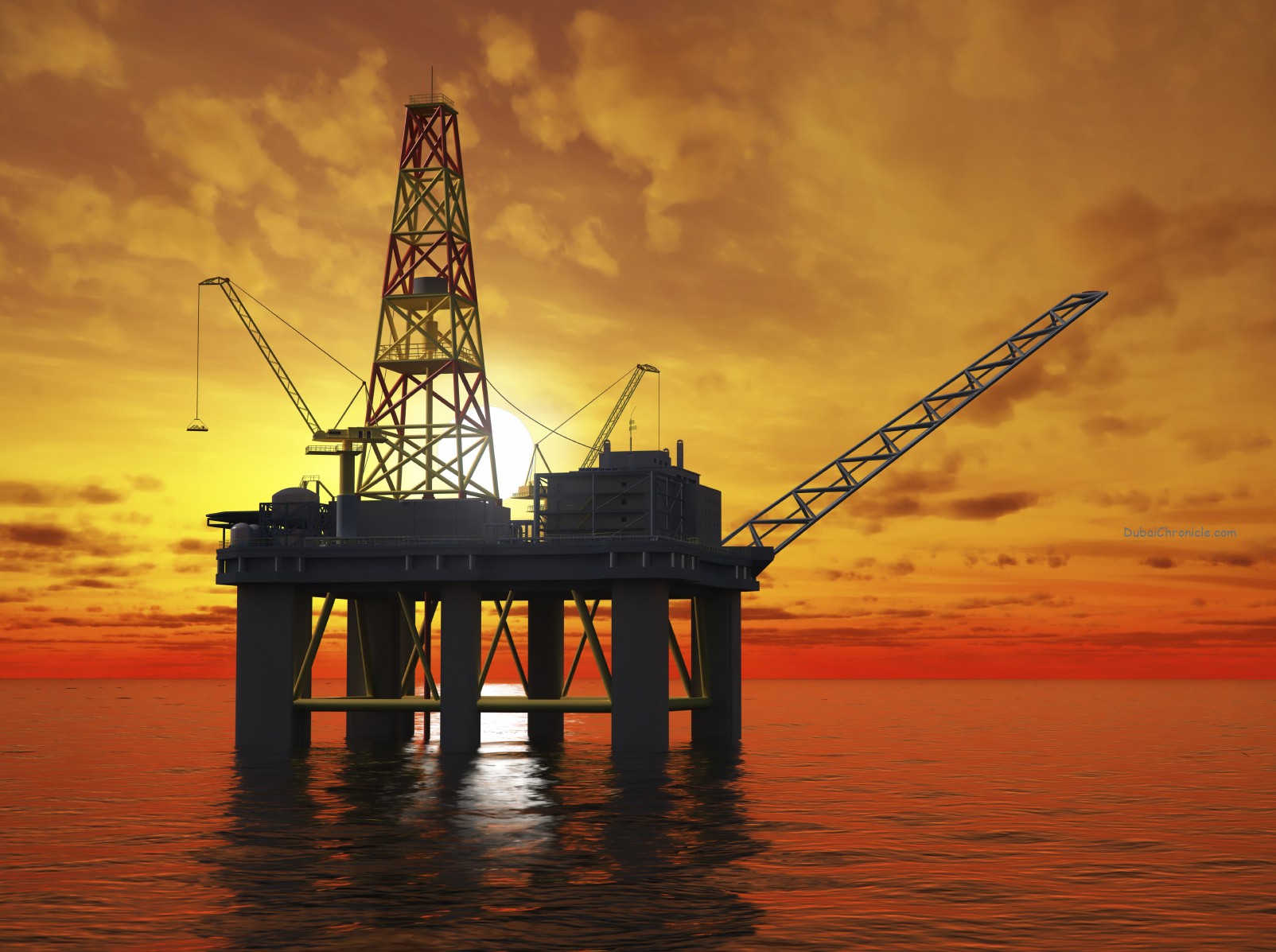On “Global Exchange on CNN International” today, John Defterios and Ali Al Naimi, Saudi Arabian Oil Minister discussed oil production and price, Iran and the Straits of Hormuz. Here is the transcript of the exclusive interview.
Q.: China has concerns that Iranian crude exports may be hit by sanctions and they don’t think more sanctions is the answer, could you meet the demands of Chinese crude demands if they were to ask?
A.: We know that their overall demand, yearly that is, ranges between 400 and 500 thousand barrels per day. But like prudent customers they have diversified their supplies. So, if we were to be asked to provide additional 200 or 300, it’s not a big deal, because you know that we have the capacity to produce 12.5. And we are idling now between 9.4 and 9.8. So we have substantial spare capacity.
Q.: The simple math would suggest then you can produce 2.5 to 2.7 million barrels a day more. How long would it take for you to get to that level, if the world needs that oil?
A.: I believe we can easily get up to 11.4, 11.8 almost immediately, in a few days. Because all we need is to turn valves. Now to get to the next 700 or so, we probably need about 90 days.
Q.: So there’s this concern that Iran’s exports of 2.2 million barrels a day could not be filled. The reality is, that the Kingdom can fill those exports almost straight away Sir?
A.: This spare capacity is to respond to emergencies worldwide, to respond to our customer demand, and that is really the focus. Our focus is not on who drops out from production, but who wants more.
Q.: In fact South Korea and Japan had concerns of cutting off Iranian crude because they didn’t think anybody else could fill the void. They are customers of yours, you could step up to the plate could you not?
A.: Absolutely, and as long as they’re our customers, we will honour their requests.
Q.: You’re playing the role that you did during the Gulf War or during the Iran-Iraq war. If Saudi Arabia needs to be the swing producer for the world when needed and its built up that capacity, its prepared to do it, these are the clear words that you are saying to us?
A.: But we also did it for Katrina. Remember when we had Katrina in 2005? We immediately responded to all the shortages anywhere as a result of that hurricane.
Q.: We are in a case right now where North Sea Brent is at around $110 a barrel. What should the world be prepared for in 2012 with the tensions that we see in the Gulf right now in particular with Iran?
A.: Our wish and hope is we can stabilize this oil price and keep it at a level around $100.
Q.: Are you speaking for North Sea Brent or for NYMEX here?
A.: For the average of the crudes worldwide. You know there is Nymex, brent, there’s OPEC Crudes but if we were able as producers and consumers to average $100 I think the world economy would be in better shape
Q.: There is some concern that Iran would actually shut the Straits of Hormuz. How much of your daily production of 9.8, 9.4 million barrels a day depending on the month, goes through the strait and how concerned are you about this?
A.: I personally do not believe that the Strait, if it were shut, will be shut for any length of time. The world cannot stand for that.
Q.: And are you concerned of the provocations that are being made by Iran today and the language being shared by the US, France and Iran in the Gulf at this juncture?
A.: Let me put it this way. I don’t think all these pronouncements are helpful to the international oil market or to the price of oil. It’s really disturbing.





































